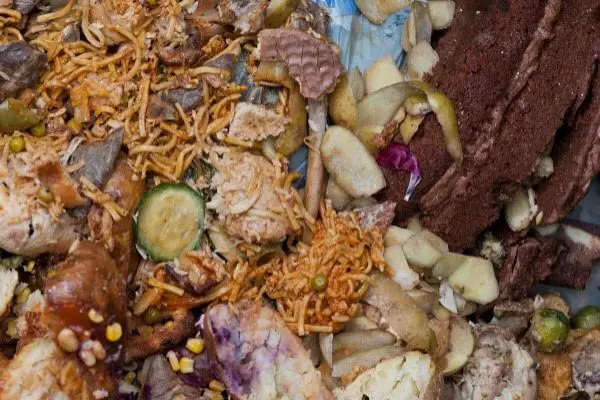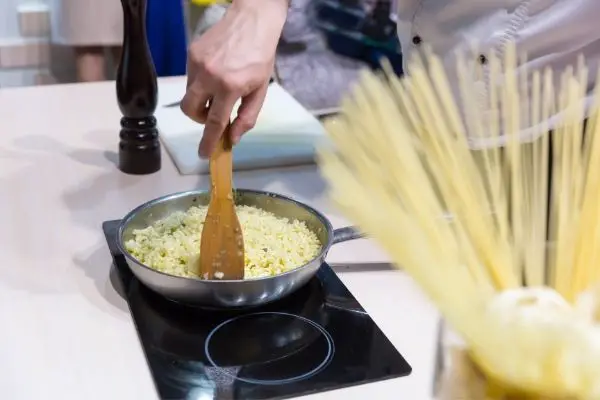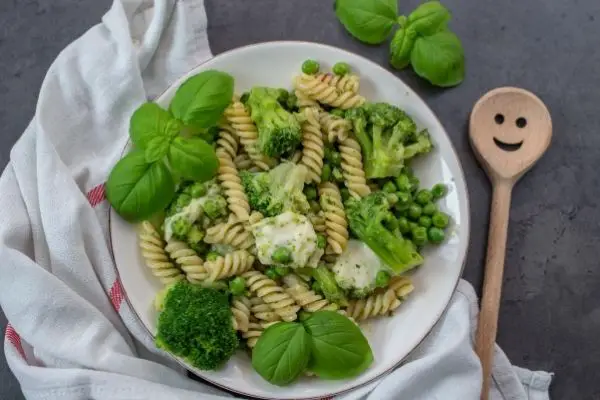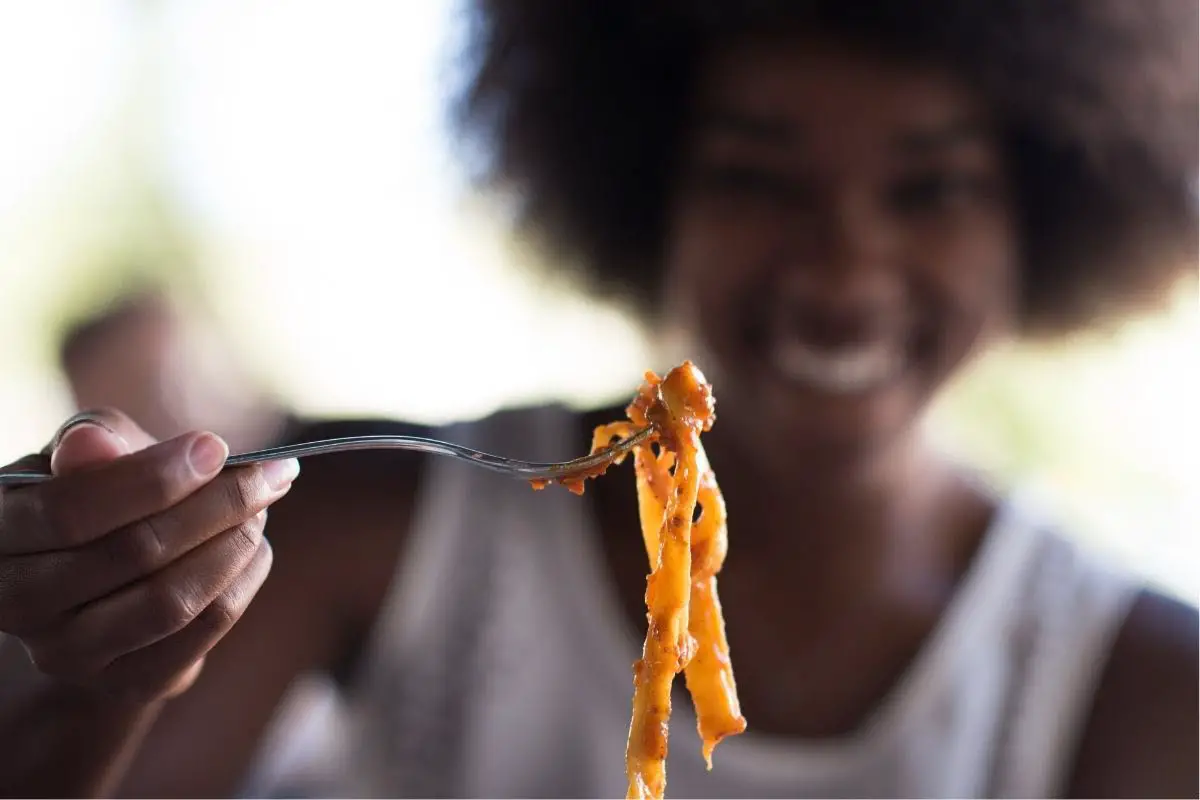Can You Compost Pasta? | Kitchen Scraps for Compost
Food waste is frustrating and it also is, in many cases, unavoidable.

The next best thing when waste happens is to think about how we dispose of uneaten or spoiled food. Disposal vs composting can make a big difference in the planet’s future!
Many people believe that throwing kitchen scraps in the trash is fine because they will naturally decompose. Sadly, most of these items will end up in a landfill where the stifling conditions will prevent organic decomposition from occurring.
Unfortunately, in these conditions, food waste is likely to produce terrible greenhouse gases!
Composting your scraps can keep old food out of landfills and reintroduce it to the natural environment sooner!
Can I Compost Pasta?
Yes! That’s assuming you have any leftover pasta, which never happens in my pasta-loving household!
Pasta is an organic material that can be composted like most other kitchen waste. Both cooked and uncooked pasta is perfectly safe to compost.
While pasta can be a great addition to compost, there are some things to keep in mind!

Pasta is a grain-based food product. Unfortunately, that means it is extremely attractive to wild animals looking for a hearty meal.
Uncooked pasta is generally better for composting than cooked pasta. This is because the raw, dry pasta is less likely to draw in rodents, insects, and other pests that will raid your compost heap.
Burying pasta deep in your compost pile can help deter pests. You can also use a closed compost bin or tumbler to keep out unwanted dinner guests.
Can I Compost Pasta Sauce?
Sometimes! While some pasta sauce is perfectly safe to compost, others contain ingredients that will interfere with healthy decomposition.
Sauces made exclusively with vegetables and herbs are excellent contenders for composting. These ingredients will break down without causing any issues.

On the other hand, you should NOT compost pasta sauces containing meat or dairy. These ingredients can introduce harmful bacteria to your compost AND produce foul odors. Plus, they’re very likely to attract pests!
Another common ingredient you’ll want to watch out for is oil. Olive oil is a staple of Italian cuisine but large amounts will suffocate your compost.
If your family enjoys meat-based spaghetti sauce or fettuccine alfredo, all hope is not lost. These kinds of pasta can still be added to hot compost or a Bokashi bin!
In fact, one of the main reasons I love my bokashi bucket is because I can add lots of things normally a bit risky for traditional compost bins.
Frequently Asked Questions
Can you compost moldy pasta?
We’ve all been there… those leftovers got pushed to the back of the fridge and are now sporting a gross layer of mold. The good news is that you can still add them to your compost pile.
Mold is a natural step of decomposition. So while you might not want to eat moldy pasta, it’s perfectly fine to add to your compost.
Of course, all of the same rules apply to moldy pasta as they do to the fresh stuff. Avoid composting pasta that is mixed with meat, dairy, or oils.
Is pasta a “Brown” or “Green” Material?
Don’t let the average color of pasta fool you! Pasta is very rich in nitrogen and, therefore, considered a green material when it comes to composting.
Pasta can be added with other green materials like fresh plant trimmings or old salad greens. This green matter should be balanced out with carbon-rich items like cardboard or dry leaves.






